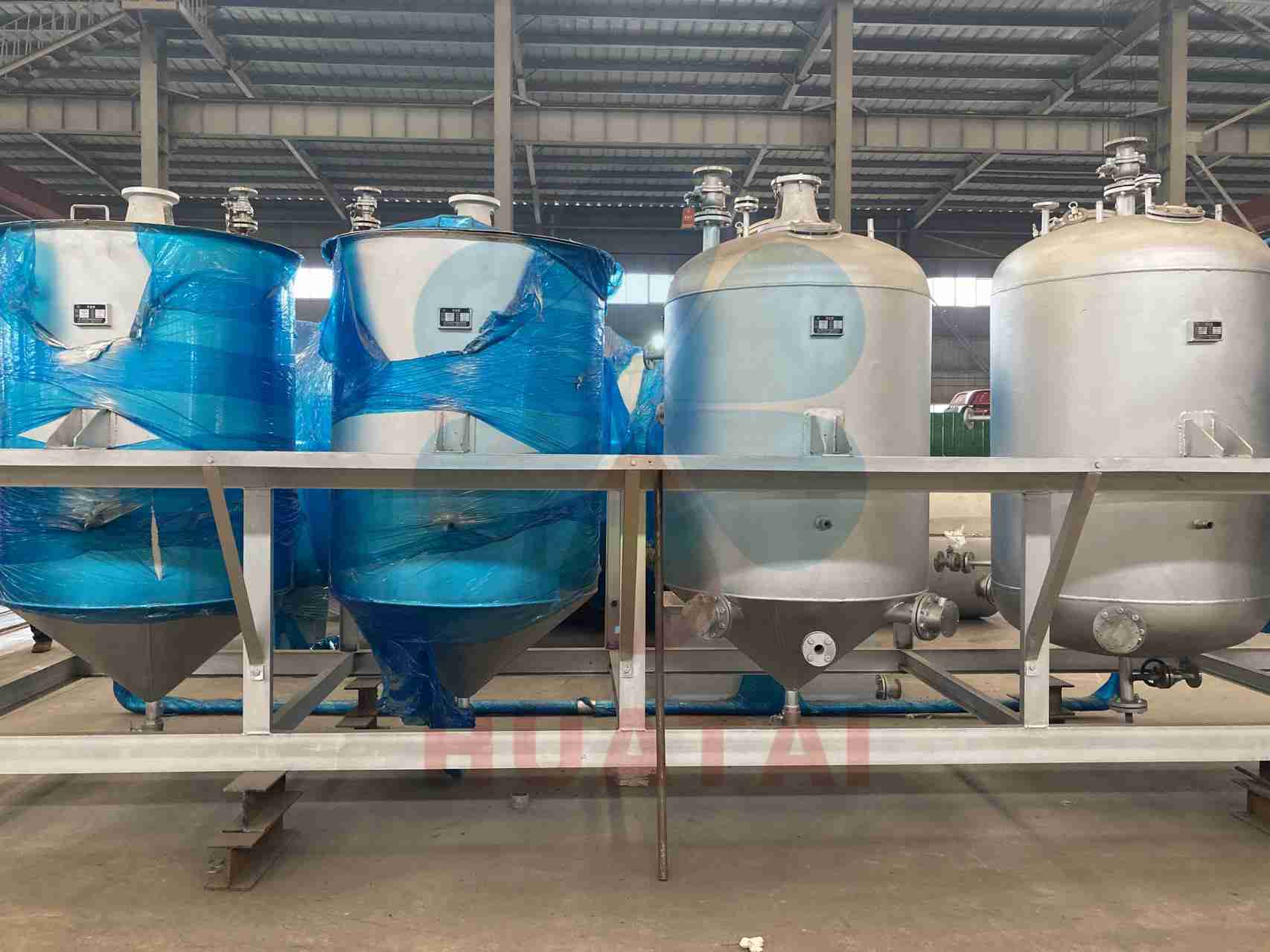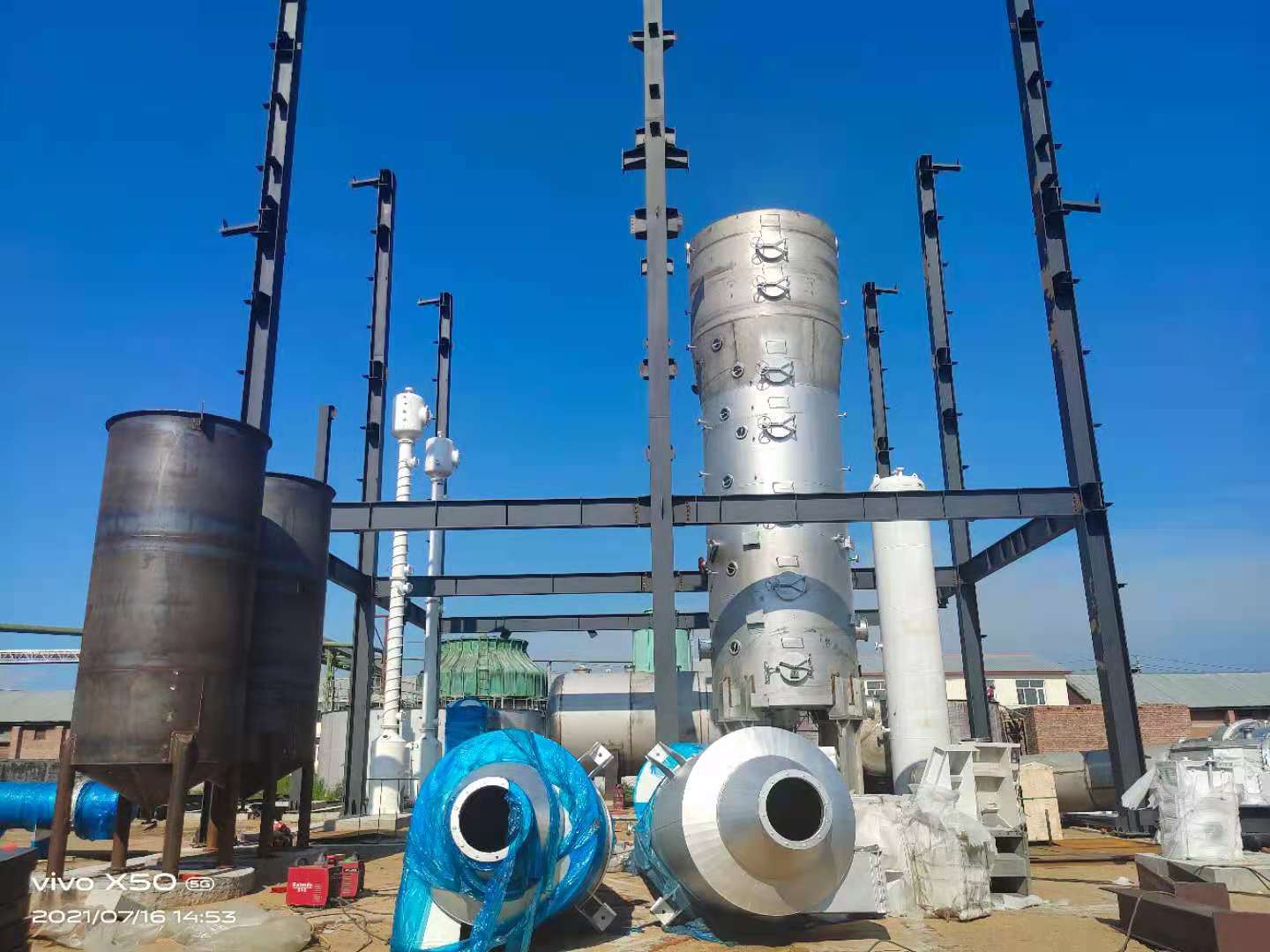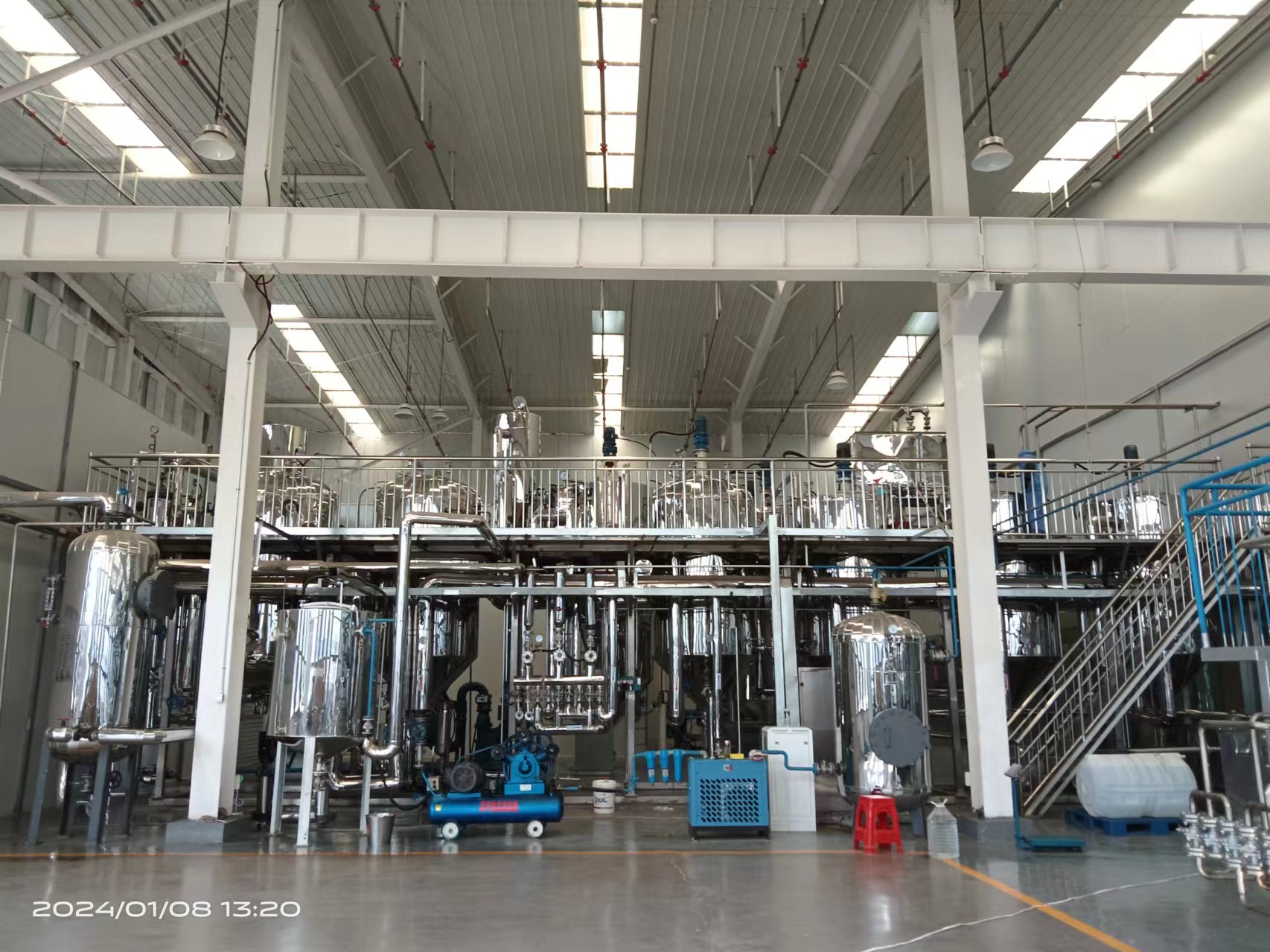Oil plant to solve the problem of deep color of fats and oils, mainly rely on the decolorization process in the refining equipment. Decolorization process is the key link in the process of oil refining, through the effective removal of pigments and other impurities in the oil, it can significantly improve the color of the oil and the quality of the oil.The specific solutions and the role of decolorization process in improving the quality of fats and oils.

Before the refining of fats and oils, the oilseeds should be fully pre-treated, including cleaning, crushing, softening and other steps, in order to reduce the content of impurities in the fats and oils, and create good conditions for the subsequent refining process.
Pay special attention to control the moisture and impurity content of the oilseeds to avoid deepening the color of the oil due to excessive impurities in the pressing or extraction process.
Choose the edible oil refining equipment with mature technology and convenient operation to ensure that the equipment can run stably and efficiently in the refining process.
The cooking oil refining equipment should include five main processes such as degumming, deacidification, dehydration, decolorization, deodorization, etc., among which decolorization process is the key link to improve the color of fats and oils.
In the process of decolorization, select efficient adsorbents, such as activated white clay or activated carbon, these adsorbents can effectively remove the pigment and other impurities in the oil.
By adjusting the dosage of adsorbent and decolorization temperature and other parameters, the decolorization effect can be optimized, so that the color of oil and grease can meet the standard requirements.
Temperature, pressure and other parameters should be strictly controlled in the refining process to avoid the quality of oil ,decreasing due to improper operation.
Especially in decolorization and deodorization, too high temperature may lead to increased oxidation of oil and grease, thus affecting the color and quality of oil and fat.

Decolorization process can significantly reduce the color of fats and oils, so that the fats and oils are presented as light or natural color, which meets the visual demand of consumers for high-quality edible oil.
In addition to removing color, decolorization process can also remove phospholipids, metal ions, polycyclic aromatic hydrocarbons, pesticide residues and other harmful substances in oils and fats, so as to improve the purity and safety of oils and fats.
Through the decolorization process, the unstable components in the oil and grease can be removed or transformed, so as to improve the oxidative stability of the oil and grease and prolong the storage period of the oil and fat.
The decolorization process helps to remove the bad taste and bad smell in the oil, which makes the edible oil taste better and meets the consumers' demand for high quality edible oil flavor.
After the decolorization process, the oil can meet the requirements of national or industry standards in terms of color, impurity content, etc., which provides a strong guarantee for the further processing and sales of oils and fats.

To sum up, the oil factory can effectively solve the problem of deep color of oil and grease by optimizing the pretreatment process, selecting high-efficiency refining equipment, strengthening the decolorization process and controlling the refining conditions. Meanwhile, the decolorization process in the cooking oil refining equipment plays an important role in improving the quality of fats and oils. By improving the color, removing the impurities, improving the stability, enhancing the flavor and meeting the standards, etc., it provides a strong support for oil factories to produce high-quality edible oils in line with the needs of consumers.
Huatai Oil Machinery provides good quality oil mill plant, time & fast delivery, perfect after-sale services, and reasonable price, contact us!
Website: https://www.huataioilmachine.com/Copyright @ Henan Huatai Cereals And Oils Machinery Co.,Ltd.